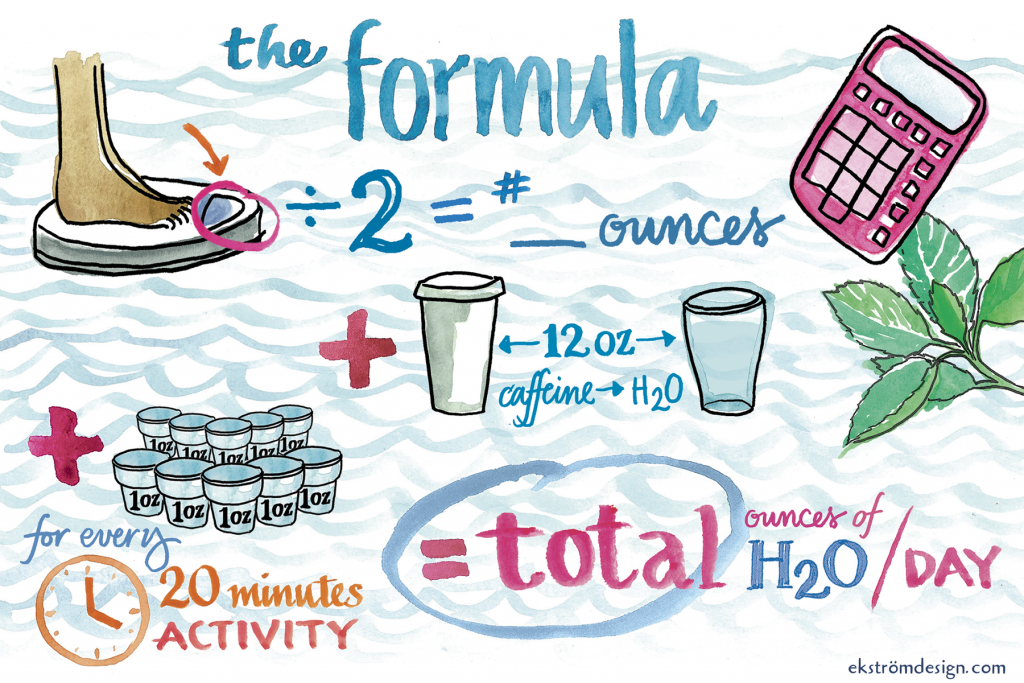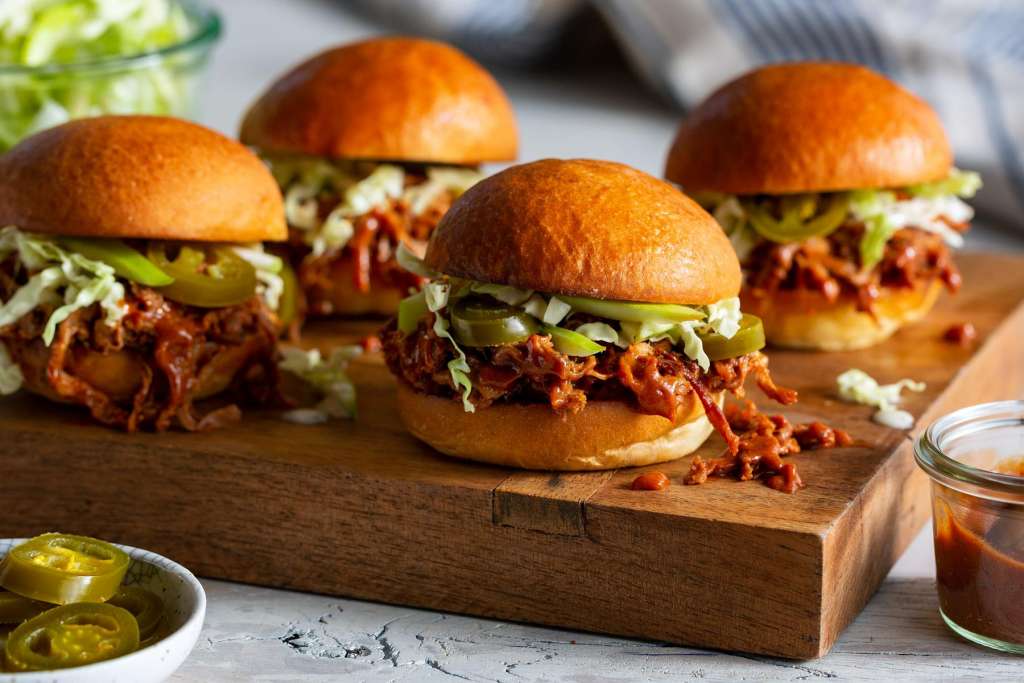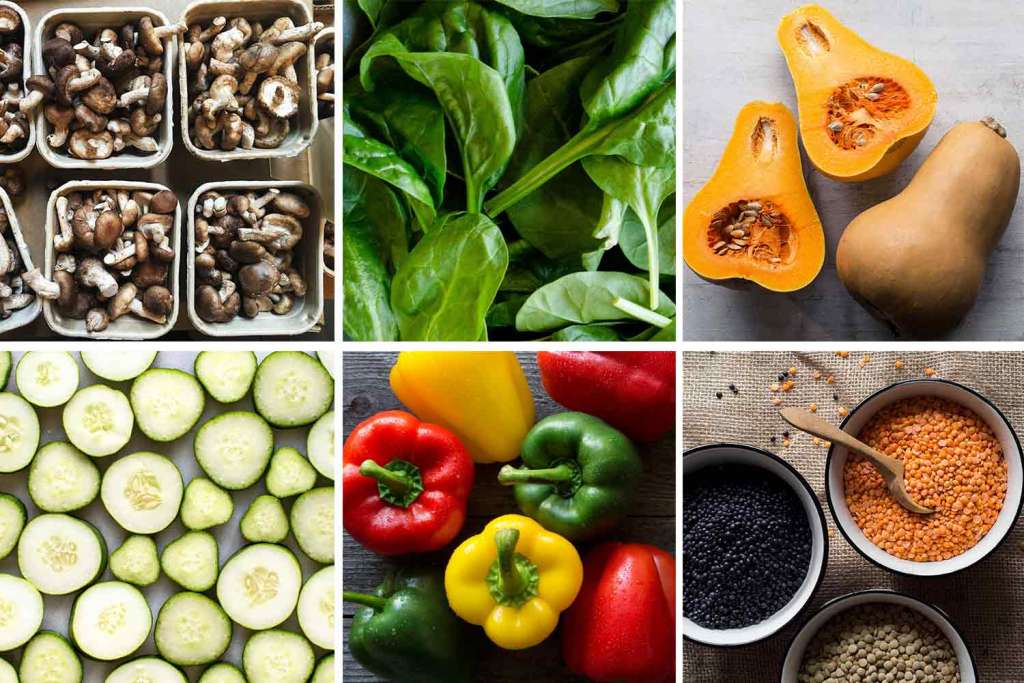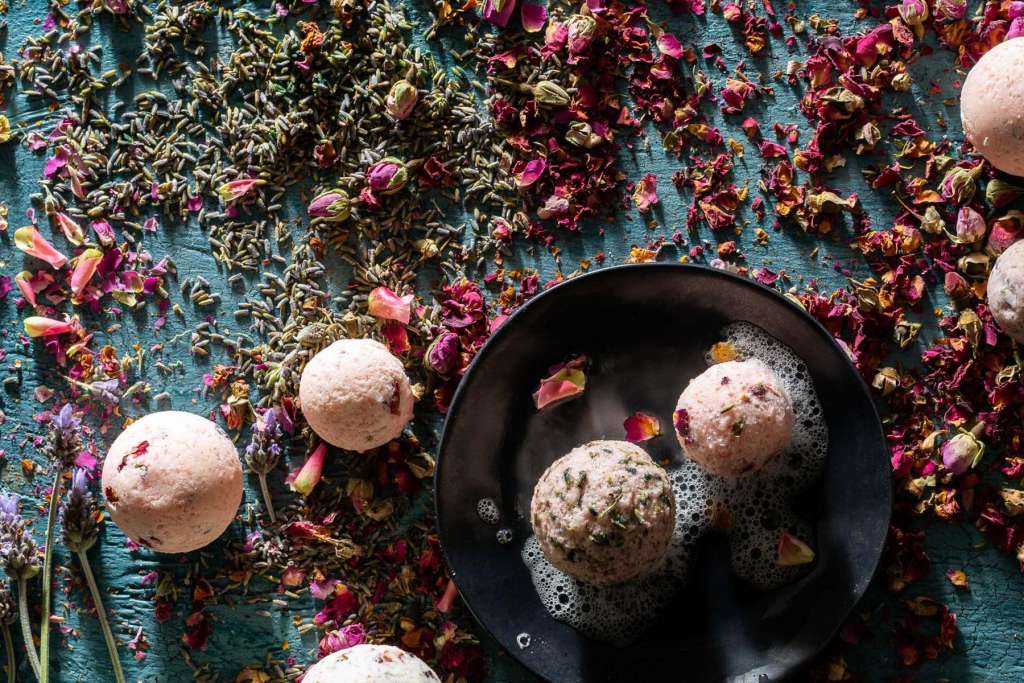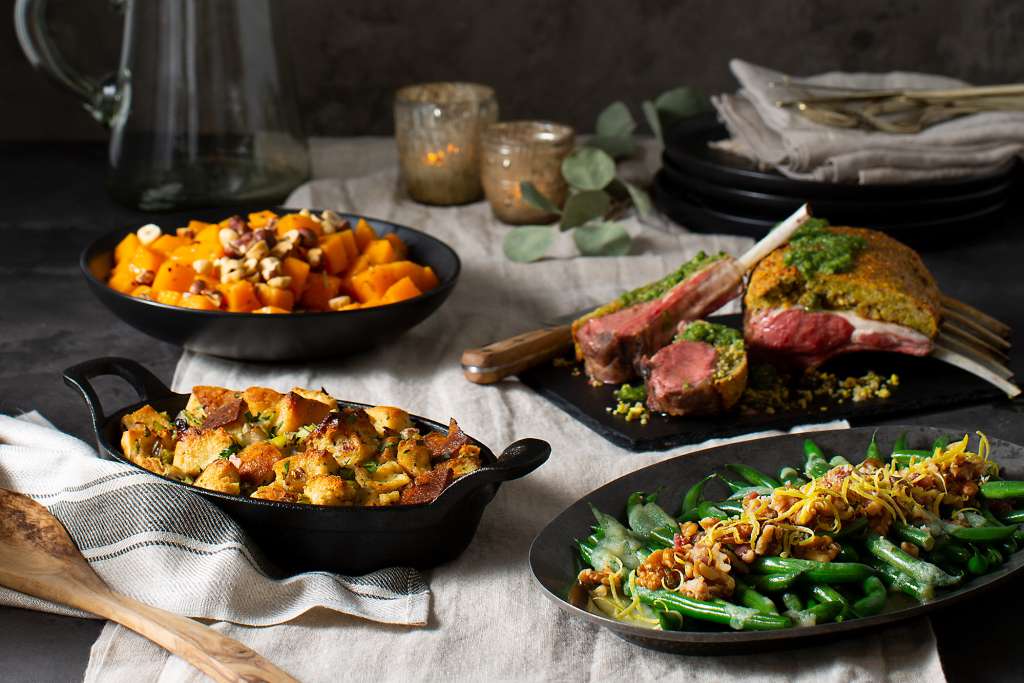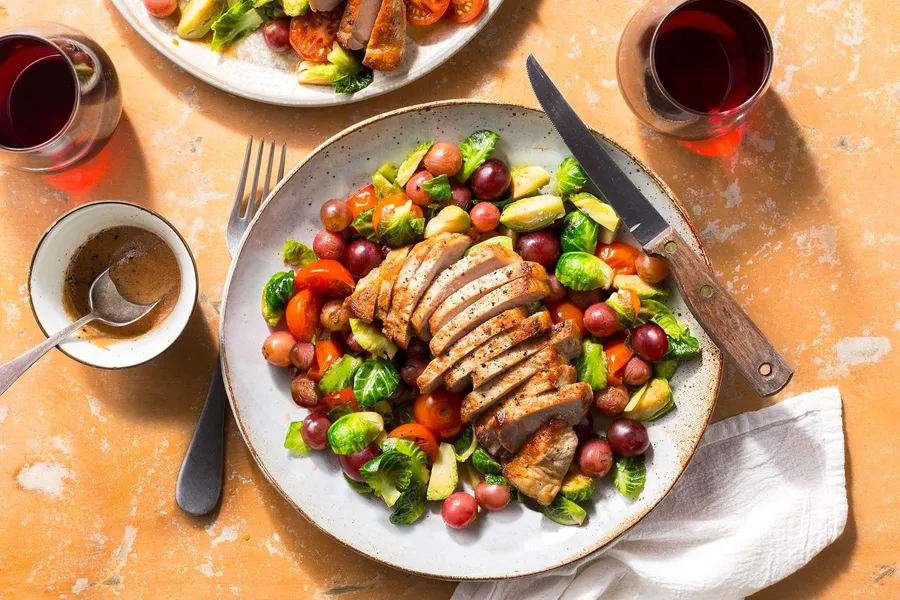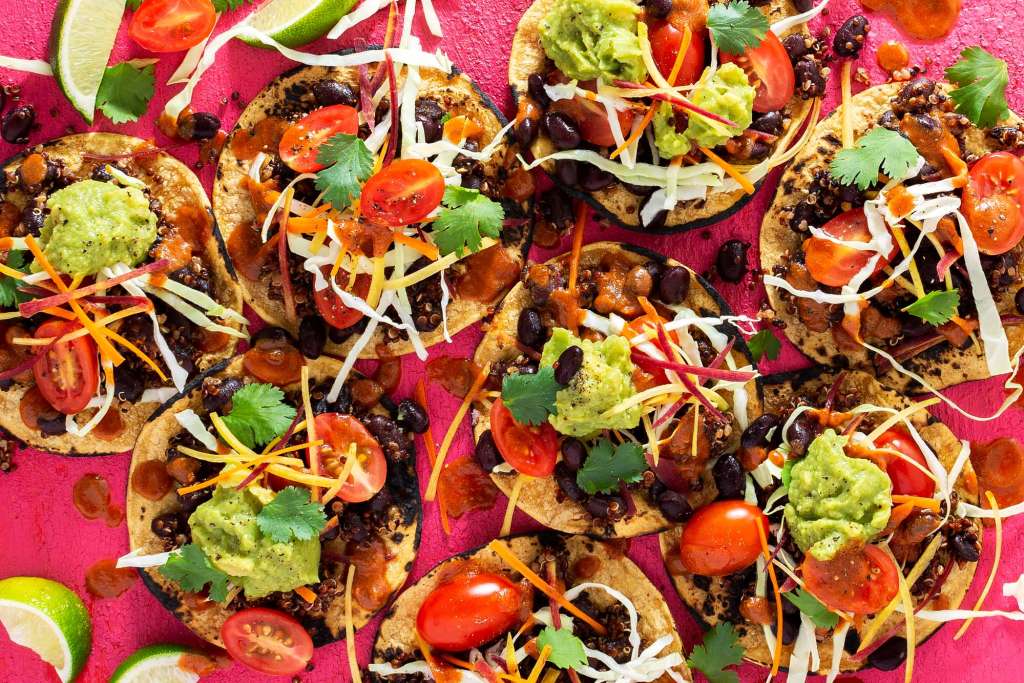Dr. David Katz Shares His Strategy for Staying Well
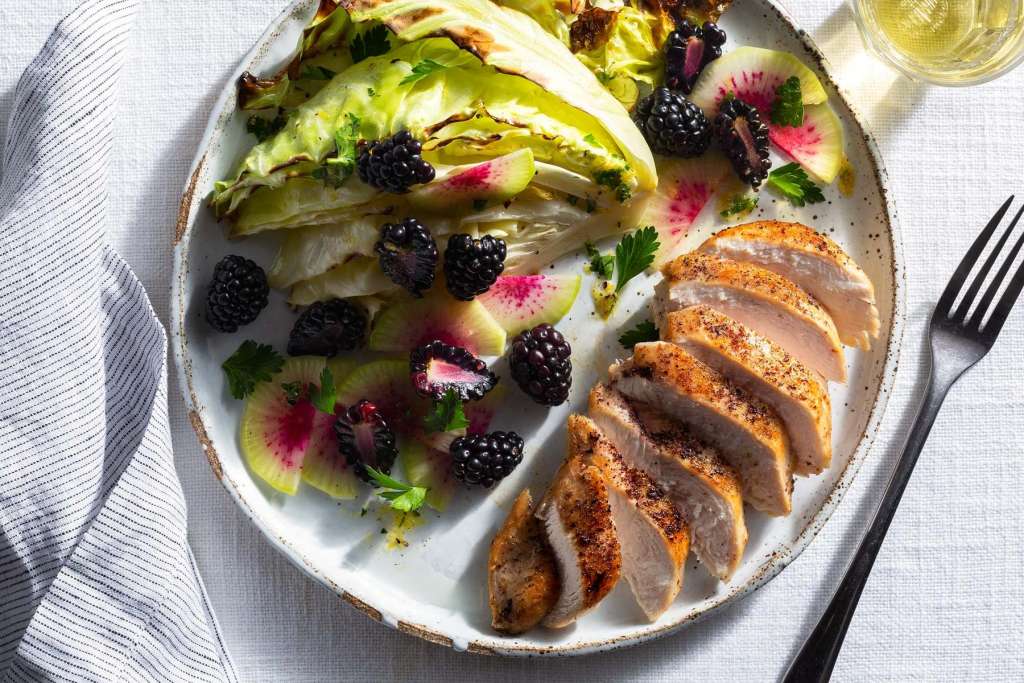
Sun Basket Chief Science Adviser Dr. David Katz explains how a quality diet can keep your immune system strong.
Can foods really support the treatment and recovery of colds and flu? Or do they serve as more of a preventative measure? And if so, which foods have the most impact? What properties make them cold-fighting or immune boosting?
The best place to start an answer to these questions is another question: what is the role of diet in human health? Our culture is so focused on weight that we may lose sight of the big picture. Food is the fuel the runs the human machine, in all of its intricate, extraordinary functions. It’s the construction material for everything the human body makes—starting with growing children, to the replacement cells, hormones, enzymes, and molecules adults need throughout life. If you want a quality structure, you need quality construction material. If you want a high-performance machine, you need high-performance fuel. Food provides the structure and fuels the functions of the human machine.
The immune system is one vital component of this complex mix, and it’s complex in its own right. At a minimum, the immune system is a wide variety of white blood cells that fight off biological threats to our health, be they foreign (e.g., pathogens or germs) or domestic (e.g., the rogue cells that presage cancer). It includes soluble compounds these armies use to communicate and additional compounds that constitute their weaponry. The functions of this immune military are in turn subject to many influences, most notably, hormones from the adrenal glands, pituitary gland, thyroid gland, pancreas, and more.
Diet influences all of this. Shifts in dietary patterns can alter the production of white blood cells, the molecules they use to function, and the hormone levels that regulate them. Some components of a diet are inflammatory, meaning they tend to increase immune system activity; these include saturated fat, certain unsaturated fats, added sugar, and refined carbohydrates. Others are anti-inflammatory, notably whole vegetables and fruits, omega-3 fats from plants and seafood, fiber-rich grains, beans, and lentils. Inflammation is not bad, but imbalance is bad, and modern diets are generally unbalanced in the direction of too much inflammation. This unproductive immune-system activity diverts resources from where they can do actual good, such as fighting colds and flu.
So, while there isn’t any one food or nutrient that will reliably fight off a cold or flu, there is some research that supports specific foods having beneficial medicinal properties. Still, it’s the overall quality of your diet that makes the most difference in how often you get sick and how rapidly you recover when you do.
Can certain foods target specific symptoms? (ie. sore throat, congested head, runny nose, upset stomach, cough relief, etc.)
There is evidence that zinc lozenges can help shorten the duration of a cold. Zinc helps white blood cells function, and zinc intake tends to be low in the U.S. (concentrated sources include shellfish, whole grains, and legumes), especially among older adults. Other than that, not really.
Are things like EmergenC and other vitamin C supplements as effective as food?
No. They may offer some modest compensation for deficiencies of diet, but no supplement can do for the immune system what a balanced diet of wholesome foods can do.
How does the microbiome relate to immunity, and how does food play a role?
There are perhaps ten times as many bacteria in the microbiome as cells in the human body. These organisms contribute to the mix of compounds in our blood that influence hormone levels and, in turn, immune system function. We feed the microbiome by feeding ourselves, and poor, unbalanced, highly inflammatory diets damage the balance among these bacteria in a way that can amplify harmful inflammation, and increase the risk for both acute illnesses and chronic disease.
Do you have your own food-remedy regime when you feel an illness coming on?
Extra fluid (home-made soup) and extra sleep. But no, not really. I practice prevention and take the best care of myself I can, all the time. That includes an emphasis on a high-quality diet. It makes me healthy, and healthy people have more fun. It makes me strong, and strong people get sick less often and fight off illness more effectively.

